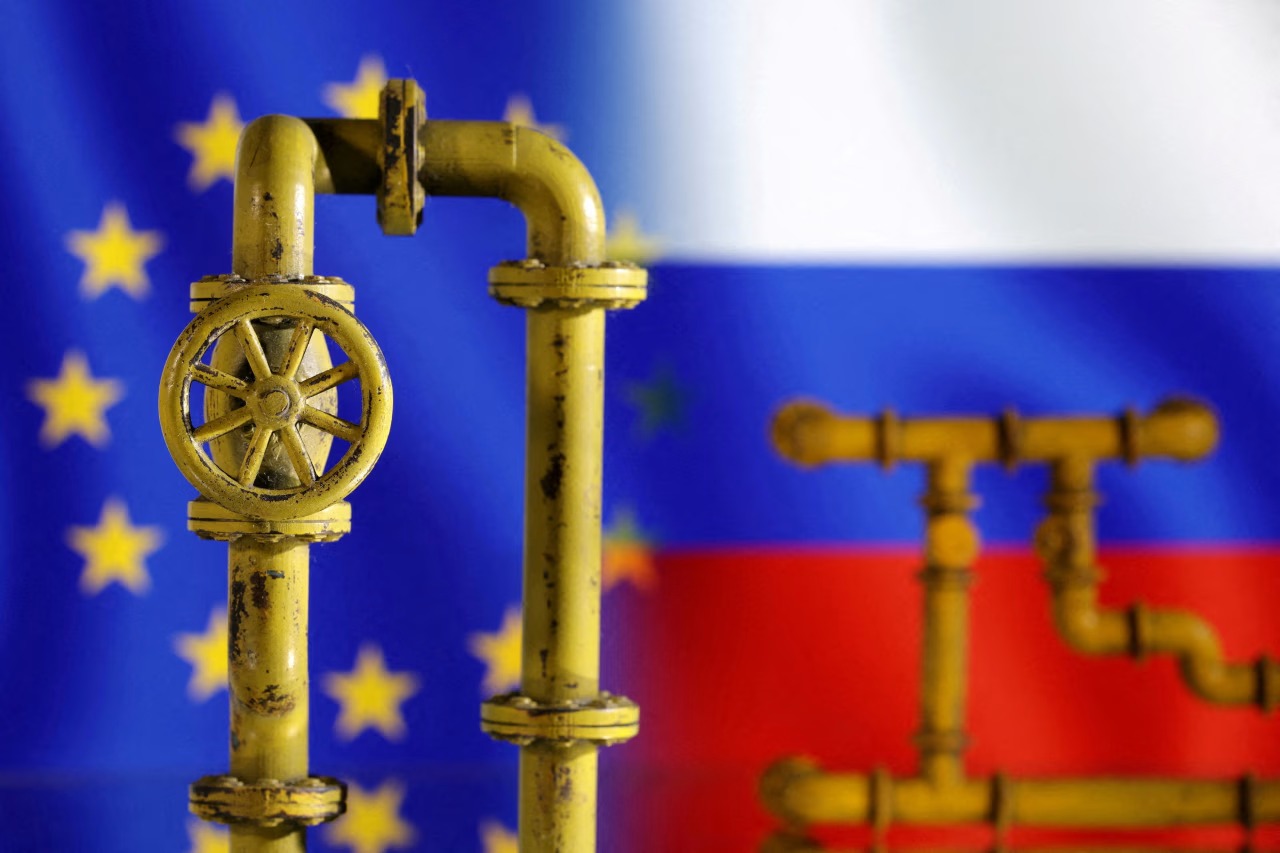In a decisive shift in its energy strategy, the European Commission is preparing to propose a full ban on Russian liquefied natural gas imports by January 1, 2027—one year earlier than previously planned. The move, confirmed by EU sources on September 19, 2025, reflects mounting geopolitical tensions, pressure from allies, and a renewed push to sever energy ties with Moscow following its continued aggression in Ukraine.
The proposal is expected to be included in the Commission’s upcoming sanctions package and may also be integrated into amendments to the RePowerEU plan, the bloc’s flagship initiative to reduce reliance on Russian fossil fuels. If adopted, the measure would mark a significant escalation in Europe’s energy decoupling efforts and reshape LNG trade flows across the continent.
Key Highlights From The Proposal
- European Commission to propose banning Russian LNG imports by January 1, 2027
- Timeline moved forward by one year from the original 2028 target
- Proposal to be included in the next sanctions package against Russia
- Amendment to RePowerEU plan under consideration to support accelerated phaseout
- US pressure and global LNG surplus cited as key drivers of the revised timeline
Strategic Context And Policy Shift
The European Union has been gradually reducing its dependence on Russian energy since the invasion of Ukraine in February 2022. While pipeline gas imports have already declined sharply, LNG shipments from Russia have continued, accounting for a notable share of Europe’s energy mix.
The new proposal aims to close this gap by banning all Russian LNG imports, including spot purchases and long-term contracts. The Commission is also considering restrictions on LNG terminal services for Russian entities, which would further limit Moscow’s access to European infrastructure.
The decision follows calls from US President Donald Trump for the EU to accelerate its energy disengagement from Russia. Washington has offered to increase LNG exports to Europe, with several new production facilities expected to come online in 2026 and 2027.
Market Dynamics And Supply Considerations
Analysts suggest that the global LNG market is poised to enter a surplus phase by mid-2026, reducing the risk of supply shortages and price spikes. This surplus, driven by increased output from the US, Qatar, and Australia, provides the EU with greater flexibility to phase out Russian volumes without jeopardizing energy security.
According to modeling by Oxford Institute for Energy Studies, the ban could raise European gas prices by 20 to 35 cents per MMBTU between 2028 and 2035, depending on regional exposure. Countries like Hungary, Austria, and Slovakia may face higher price impacts due to limited alternative supply routes, though new projects such as Romania’s Neptun Deep field could help offset disruptions.
Political Reactions And Implementation Challenges
While the proposal enjoys broad support within the Commission, some member states have expressed concerns about the pace of the phaseout. Hungary, in particular, remains heavily reliant on Russian gas and has warned that premature restrictions could destabilize its energy system.
To address these concerns, the Commission is expected to offer transition support, including funding for infrastructure upgrades and supply diversification. The final regulation will likely include exemptions or grace periods for countries with limited access to alternative sources.
The proposal also raises questions about enforcement, especially for LNG cargoes routed through third countries or traded via intermediaries. The Commission is working on enhanced monitoring mechanisms to track origin and ownership of shipments.
Looking Ahead
The European Commission is expected to formally present the proposal by the end of September 2025, with parliamentary debate and member state consultations to follow. If approved, the ban will take effect on January 1, 2027, marking a major milestone in Europe’s energy realignment.
The move underscores the EU’s commitment to strategic autonomy and its willingness to absorb short-term costs for long-term geopolitical and economic stability. As the bloc continues to recalibrate its energy partnerships, the Russian LNG ban will serve as a litmus test for its resilience and unity.
Sources: Bloomberg News, Oxford Institute for Energy Studies, EUR-Lex Legislative Proposal.
